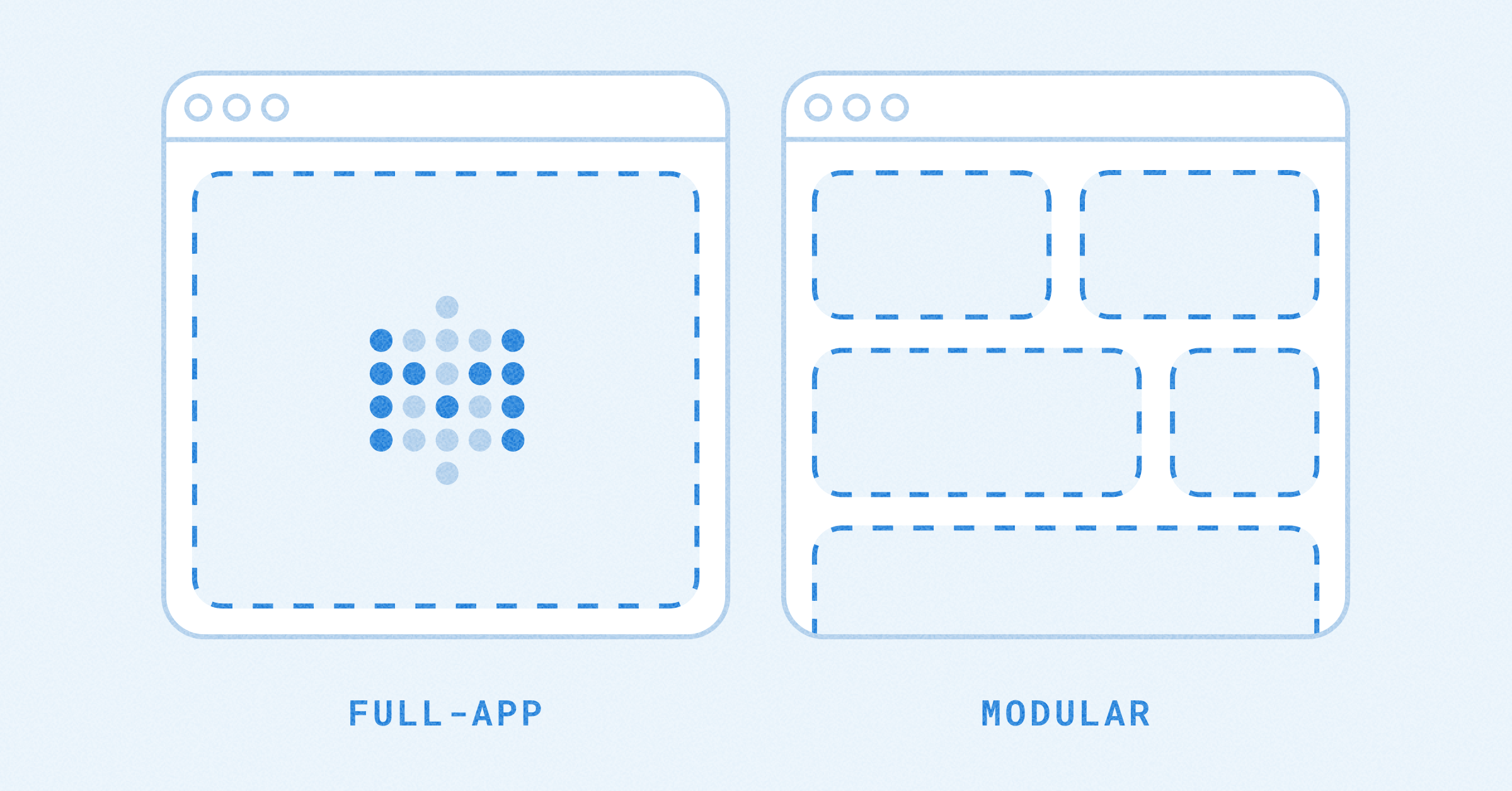These are the docs for the Metabase master branch. Some features documented here may not yet be available in the current release. Check out the docs for the current stable version, Metabase v0.58.
Concat
concat concatenates data from two or more columns or values, and returns a string.
Syntax
concat(value1, value2, ...)
value1, value2 … can be columns or values. Metabase will convert non-string columns into strings before concatenating their values.
Example
| Expression | Result |
|---|---|
concat("Vienna", "Austria") |
"ViennaAustria" |
concat("Vienna", " is in " ,"Austria") |
"Vienna is in Austria" |
concat([City], " is in " ,[Country]) |
"Vienna is in Austria" |
Metabase will use unformatted values for non-string columns
When you use non-string columns in concat, Metabase will ignore any formatting that you applied to the columns when converting the column to a string.
For example, if you formatted a number to display only the first two decimal digits in the table results, the results of concat would still include additional decimal digits (if any) found in the raw results.
| Formatted display | Value | concat("Result:", " ", [Value]) |
|---|---|---|
Kitten |
Kitten |
Result: Kitten |
17 |
17 |
Result: 17 |
31.25 |
31.24823945 |
Result: 31.24823945 |
42% |
0.42 |
Result: 0.42 |
January 1, 2024 |
2025-02-11 21:40:27.892 |
Result: 31.24823945 |
Accepted data types
| Data type | Works with concat |
|---|---|
| String | ✅ |
| Number | ✅ |
| Timestamp | ✅ |
| Boolean | ✅ |
| JSON | ✅ |
Non-string types will be converted to strings. Regardless of the type of the value passed to concat, the result will be a string.
Related functions
This section covers functions and formulas that work the same way as the Metabase concat expression, with notes on how to choose the best option for your use case.
SQL
In most cases (unless you’re using a NoSQL database), questions created from the notebook editor are converted into SQL queries that run against your database or data warehouse.
If our sample data is stored in a relational database:
SELECT
CONCAT(City, ", ", Country) AS "Location"
FROM
richard_linklater_films;
is equivalent to the Metabase concat expression:
concat([City], ", ", [Country])
Spreadsheets
If our sample data is in a spreadsheet where “City” is in column A, and “Country” in column B, we can create a third column “Location” like this:
=CONCATENATE(A2, ", ", B2)
which is equivalent to the Metabase concat expression:
concat([City], ", ", [Country])
Python
Assuming the sample data is in a dataframe column called df:
df["Location"] = df["City"] + ", " + df["Country"]
is the same as the Metabase concat expression:
concat([City], ", ", [Country])
Further reading
Read docs for other versions of Metabase.


